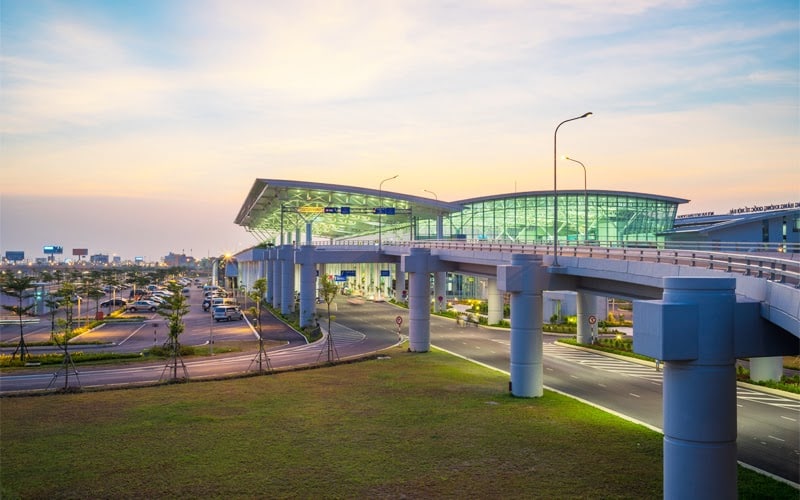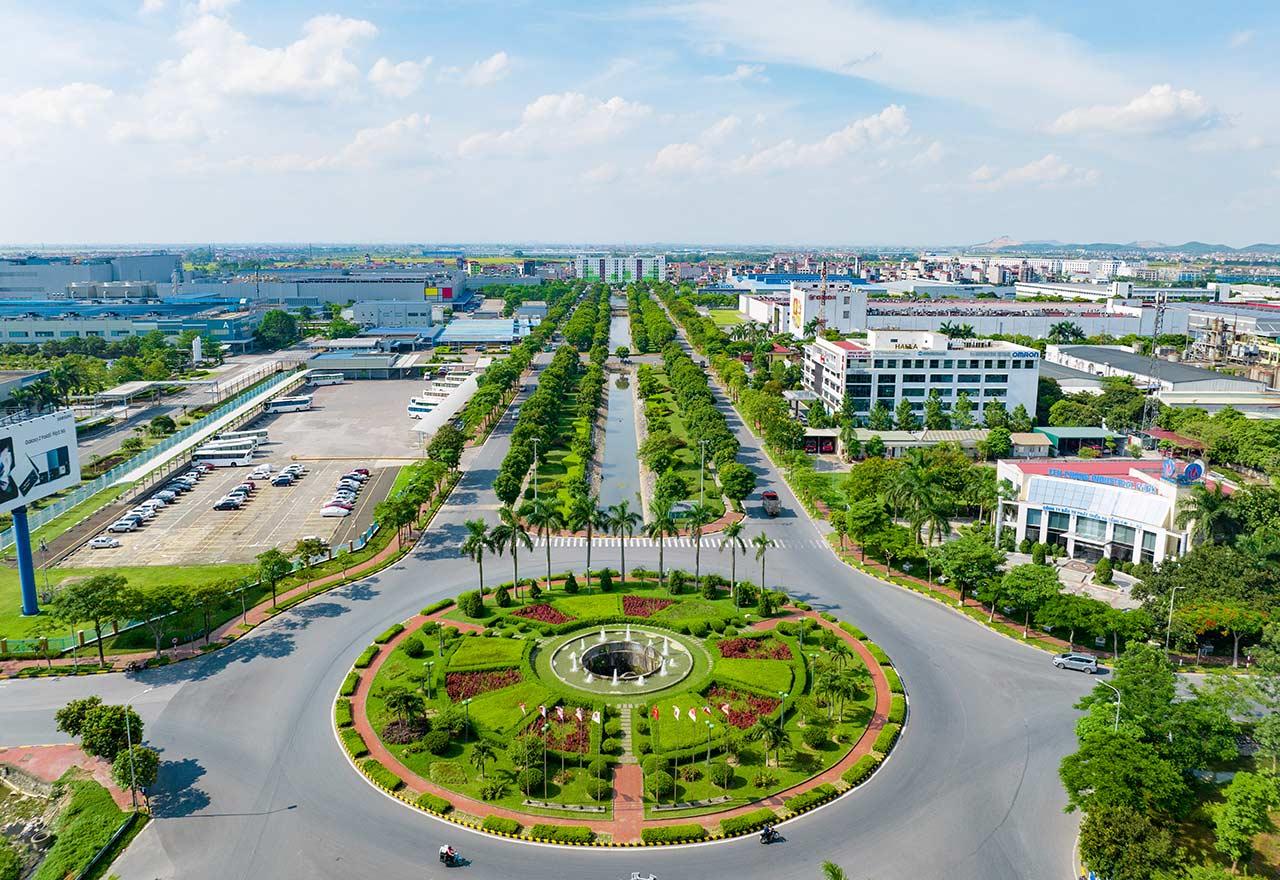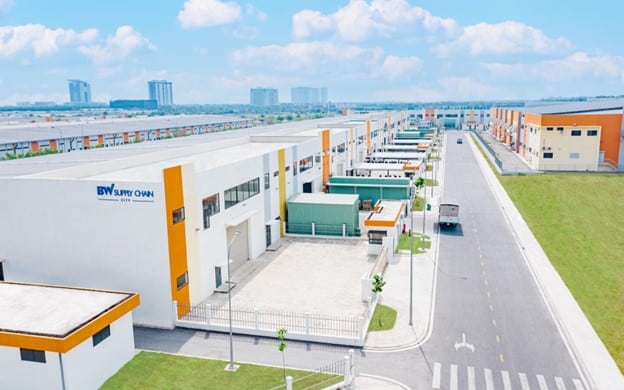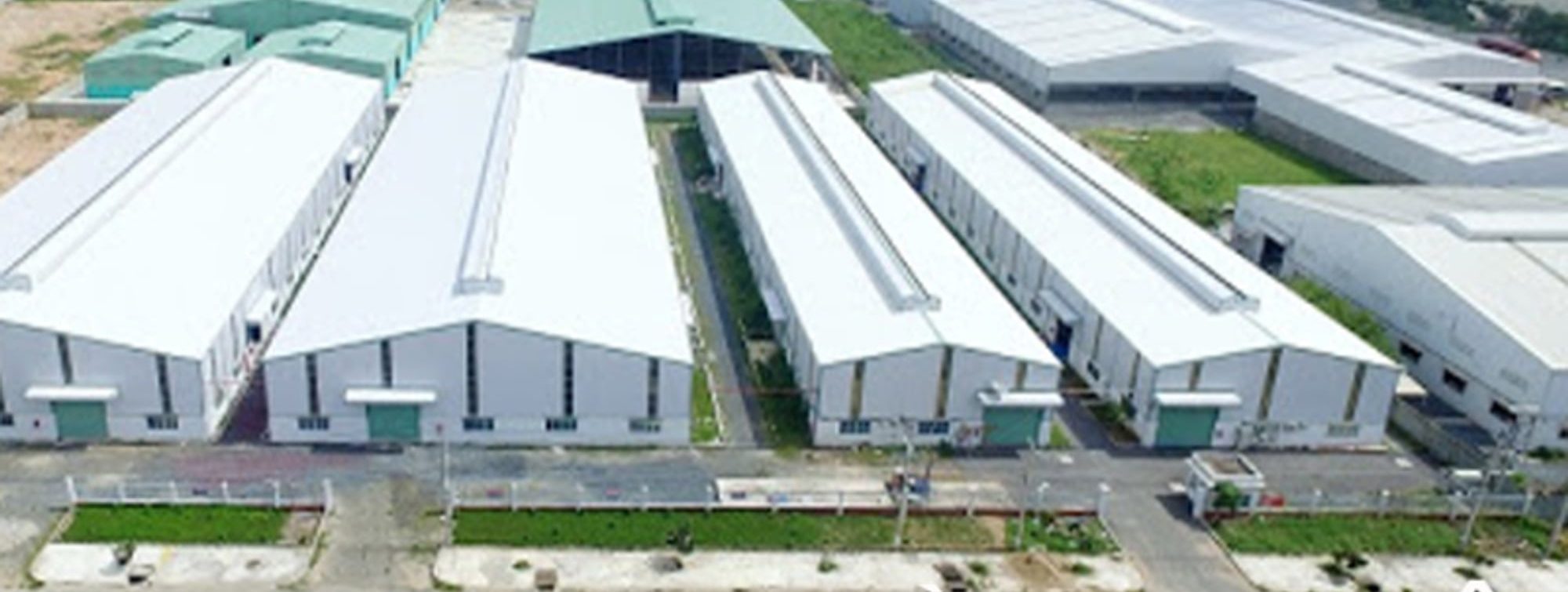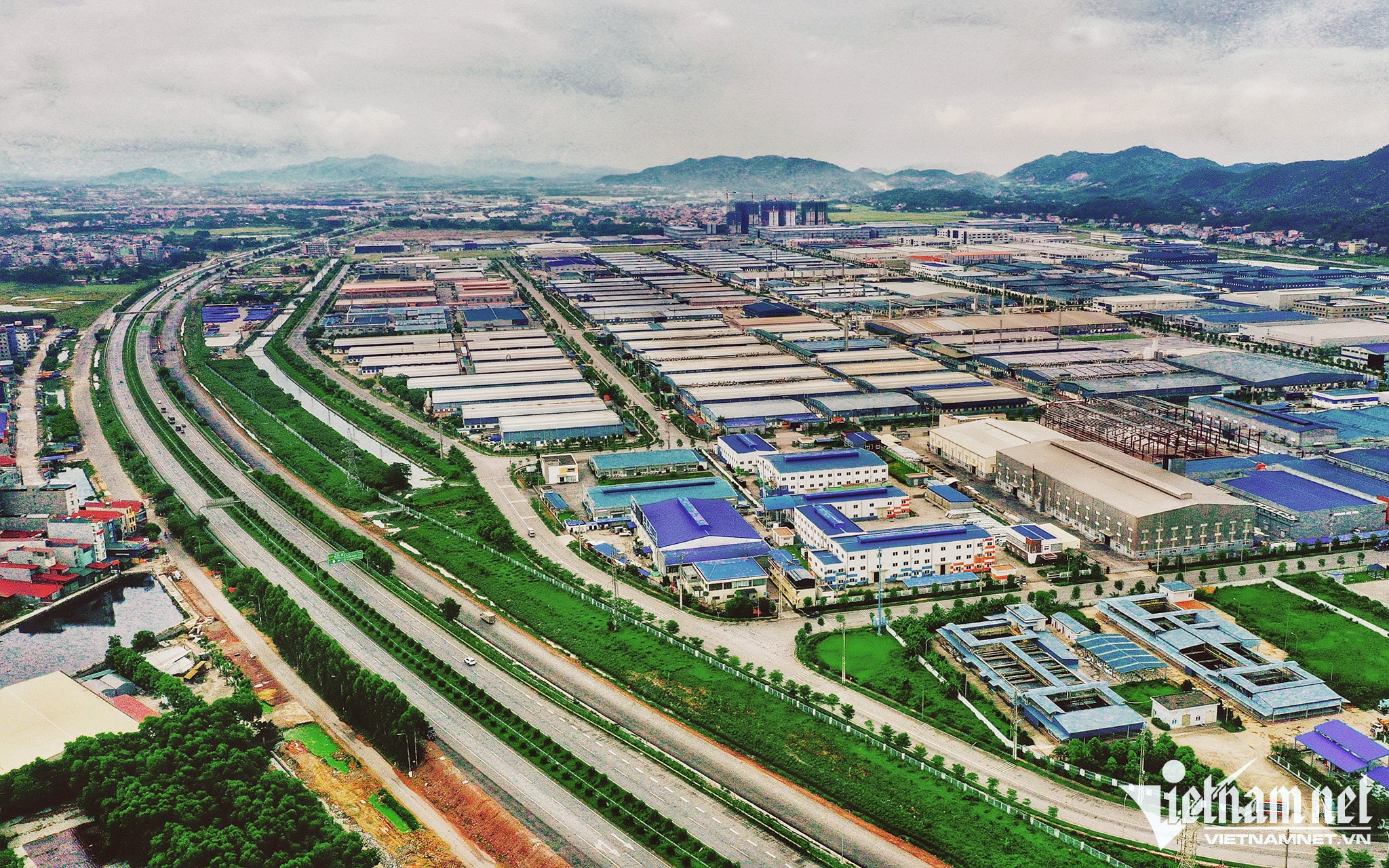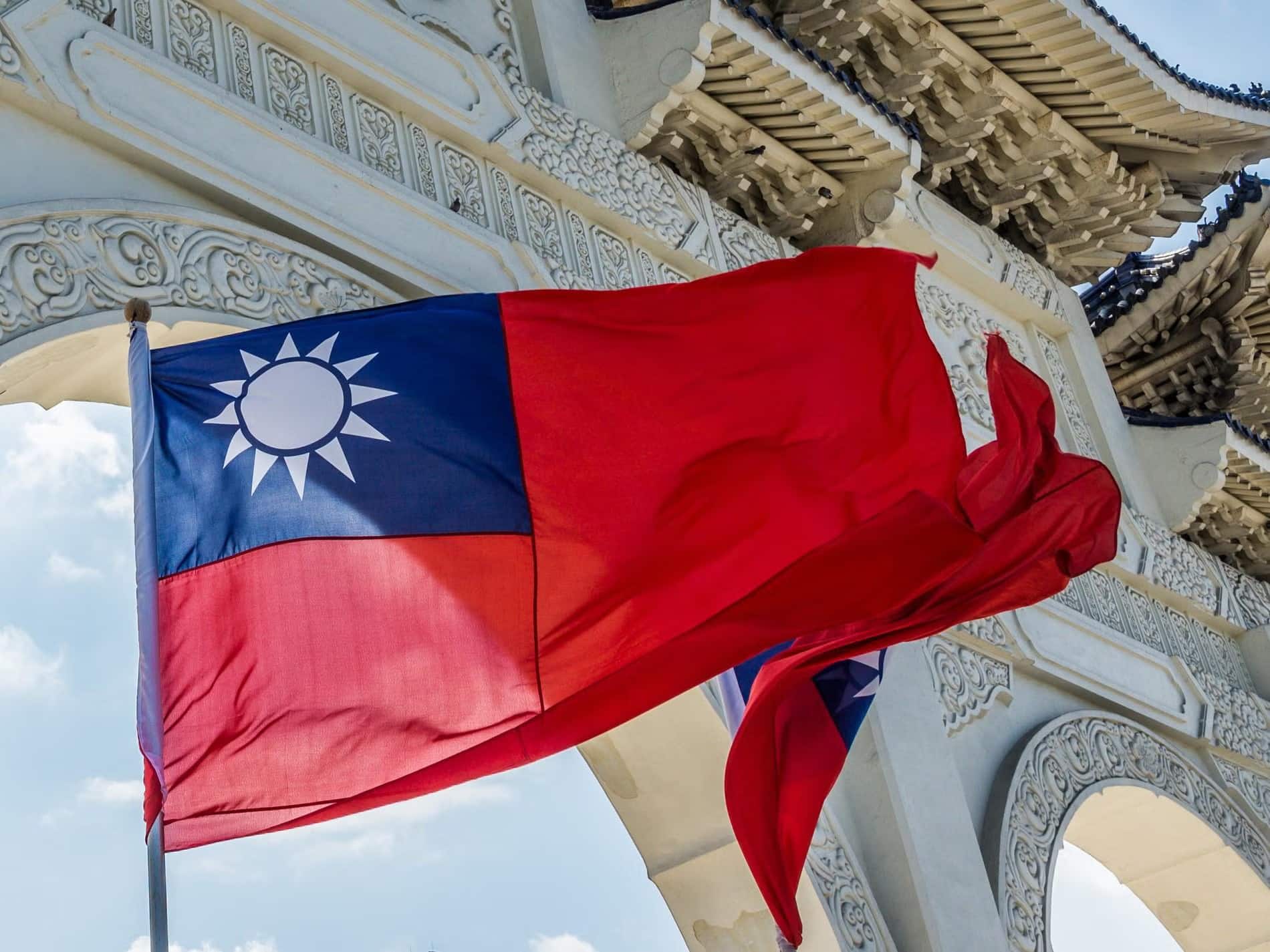In recent years, Vietnam has emerged as one of Southeast Asia’s economic success stories, characterized by robust growth and a rapidly developing economy. With a focus on market-oriented reforms and a young, skilled workforce, Vietnam has attracted significant attention from investors worldwide. This article aims to answer the question “Is Vietnam an emerging market?” with a concise overview of Vietnam’s impressive economic growth in recent years and, more importantly, to explore the opportunities and considerations involved in investing in this dynamic and flourishing Southeast Asian nation. Whether you are a seasoned investor or someone considering their first venture in Vietnam, this article will serve as a valuable guide to understanding the economic landscape and the potential it offers for those looking to participate in its growth story.
Key Characteristics of Emerging Markets:
Emerging markets are economies in the process of rapid industrialization, experiencing significant economic growth and transformation. Several key characteristics define these markets:
– High Growth Potential: Emerging markets typically exhibit higher economic growth rates compared to developed economies. This growth is often driven by factors such as increased productivity, expanding consumer markets, and investment in infrastructure.
– Volatility: Emerging markets tend to be more volatile due to factors like political instability, currency fluctuations, and less-developed regulatory frameworks. This volatility can present both opportunities and risks for investors.
– Rapid Urbanization: These markets often witness a significant shift from rural to urban living, leading to increased demand for housing, infrastructure, and services.
– Expanding Middle Class: Emerging markets often experience a growing middle class with rising incomes and increased consumption, making them attractive markets for various industries, including retail, technology, and finance.
– Resource-rich: Many emerging markets are rich in natural resources, which can drive economic growth through exports, but they may also be susceptible to commodity price fluctuations.
– Infrastructure Development: Infrastructure development is a key characteristic as emerging markets invest in transportation, energy, and telecommunications to support their growing economies.
Vietnam’s Economic Landscape
Overview of Vietnam’s GDP growth in 2022-2023
Vietnam’s economy grew at a robust 8.02% in 2022, the fastest pace in 25 years. Strong exports, investment, and retail sales were the driving forces behind this. However, economic growth is expected to slow to 6.62% in 2023, according to the World Bank. This is due to a number of factors, including the global economic slowdown, rising inflation, and supply chain disruptions.
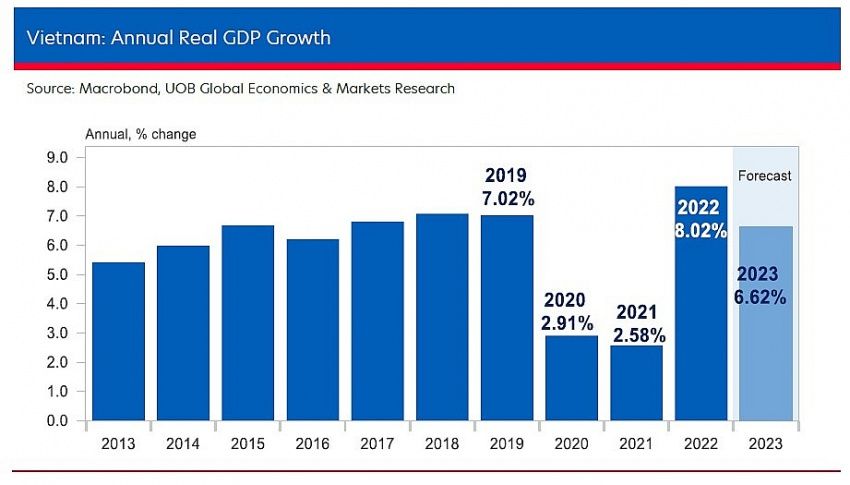
Key drivers of Vietnam’s economic growth in 2022:
– Exports: Vietnam’s exports grew by 10.6% in 2022, reaching a record US$336.2 billion. Strong demand for Vietnamese goods from the United States, the European Union, and other significant trading partners was what drove this.
– Investment: Foreign direct investment (FDI) inflows into Vietnam reached US$31.15 billion in 2022, up 9.2% from the previous year. This was the highest level of FDI inflows into Vietnam since 2018.
– Retail sales: Retail sales of goods and services in Vietnam grew by 8.1% in 2022, reaching a record US$270.5 billion. Increased consumer spending and rising incomes were the driving forces behind this.
Key challenges to Vietnam’s economic growth in 2023
– Global economic slowdown: The global economy is expected to slow down in 2023, which could dampen demand for Vietnamese goods and services.
– Rising inflation: Inflation in Vietnam is expected to rise in 2023 due to higher food and energy prices. This could erode consumer purchasing power and weigh on economic growth.
– Supply chain disruptions: Supply chain disruptions caused by the COVID-19 pandemic are expected to continue in 2023, which could impact Vietnam’s exports and manufacturing sector.
Analysis of foreign direct investment (FDI) trends in Vietnam
– Foreign direct investment (FDI) has played a key role in Vietnam’s economic development. FDI inflows have helped to create jobs, boost exports, and transfer technology to Vietnam.
– FDI inflows into Vietnam reached a record US$31.15 billion in 2022, up 9.2% from the previous year. This was the highest level of FDI inflows into Vietnam since 2018.
– The manufacturing sector accounted for the largest share of FDI inflows into Vietnam in 2022, at 45.2%. Other key sectors attracting FDI included real estate, construction, and retail.
– The United States, South Korea, and Singapore were the top three sources of FDI inflows into Vietnam in 2022.
– The Vietnamese government has taken a number of steps to attract FDI, including streamlining the investment process and offering tax incentives to foreign investors.
Key Industries and Sectors in Vietnam
Vietnam is home to a diverse range of prominent industries that offer substantial investment and business expansion opportunities. These sectors include:
– Manufacturing and Export: Vietnam’s manufacturing sector is a driving force behind its economy, with a focus on electronics, textiles, footwear, and machinery. The country is a key player in global supply chains and exports a significant portion of its products worldwide.
– Information Technology (IT) and Software: The IT sector in Vietnam has seen rapid growth, with a burgeoning software development industry. The country is known for its skilled workforce and competitive labor costs, making it an attractive destination for IT outsourcing and software development.
– Agriculture and Agribusiness: Vietnam’s agriculture sector is vital, with exports of products like rice, coffee, and seafood. The agribusiness industry encompasses processing, packaging, and export, offering investment opportunities along the value chain.
– Tourism and Hospitality: Vietnam’s stunning landscapes, rich cultural heritage, and vibrant cities have made it a popular tourist destination. The tourism and hospitality sector continues to grow, with opportunities in hotels, resorts, and travel services.
– Renewable Energy: With an increasing focus on sustainability, Vietnam is making significant strides in renewable energy, particularly wind and solar power. The government encourages investments in this sector to meet the country’s growing energy demand.
– Real Estate and Construction: Vietnam’s rapid urbanization has led to a booming real estate and construction sector. Opportunities exist in residential, commercial, and industrial properties, making it an attractive market for real estate investments.

For those looking to explore investment opportunities or expand their business in Vietnam’s industrial sector, consider Savills’ industrial property services. Their expertise and extensive network can help you navigate the complexities of the Vietnamese market and find the right opportunities to grow your business.
Risks and Opportunities in Vietnam’s Emerging Market
Identifying Potential Risks
– Regulatory and Legal Risks: Vietnam’s regulatory environment can be complex, with frequent changes in laws and regulations. Investors and businesses may face challenges in understanding and complying with these evolving requirements.
– Political Stability: While Vietnam has made strides in ensuring political stability, the potential for political changes or disputes remains a risk that could impact business operations and investments.
– Currency Fluctuations: As an export-oriented economy, Vietnam is vulnerable to currency fluctuations. Sudden changes in exchange rates can affect the profitability of businesses with international exposure.
– Infrastructure Gaps: Despite significant investments, infrastructure gaps, particularly in transportation and energy, still exist in certain areas. This can hinder logistics and operations, affecting businesses’ efficiency and profitability.
– Intellectual Property Protection: Intellectual property rights enforcement can be a concern in Vietnam, with instances of copyright infringement and trademark violations. Businesses may need to take extra precautions to protect their intellectual assets.
– Competitive Landscape: The growing attractiveness of Vietnam’s emerging market has led to increased competition, potentially squeezing profit margins for businesses operating in the country.
Opportunities for Investors and Businesses
– High Growth Potential: Vietnam’s rapid economic growth offers significant opportunities for investors and businesses to tap into a market with a young and growing consumer base.
– Cost-Effective Labor Force: Vietnam’s skilled and cost-effective labor force is a valuable resource for businesses, especially in sectors like manufacturing, IT, and outsourcing.
– Strategic Location: Vietnam’s strategic location in Southeast Asia positions it as a hub for regional trade and investment, providing access to a vast market.
– Trade Agreements: Vietnam’s participation in various trade agreements, such as the Comprehensive and Progressive Agreement for Trans-Pacific Partnership (CPTPP) and the European Union-Vietnam Free Trade Agreement (EVFTA), opens doors to international markets for businesses.
– Infrastructure Development: Continued investments in infrastructure development create opportunities for businesses in the construction, logistics, and energy sectors.
– Growing Middle Class: The expanding middle class in Vietnam drives consumer spending, making it an attractive market for retail, e-commerce, and consumer goods industries.
– Renewable Energy: The government’s focus on renewable energy presents opportunities for investors in wind and solar power projects to meet the country’s growing energy demand sustainably.
In summary, while Vietnam’s emerging market status offers numerous opportunities for investors and businesses, it also comes with inherent risks. Understanding and mitigating these risks while leveraging the country’s strengths is key to a successful venture in this dynamic and evolving market.

Conclusion
Vietnam’s emerging market status presents a compelling landscape for investors and businesses alike. With its rapid economic growth, strategic location, and dynamic workforce, Vietnam offers a wealth of opportunities across various sectors. However, it’s essential to navigate potential risks, such as regulatory complexities and political stability concerns, to harness the market’s full potential.
For those looking to explore industrial investment opportunities in Vietnam, we invite you to consider Savills Industrial as your trusted partner. With their expertise and extensive network, they can guide you through the complexities of the Vietnamese market and help you identify and seize the right opportunities to grow your business.
To learn more about industrial investments in Vietnam and how Savills Industrial can assist you, please visit their website at https://industrial.savills.com.vn/. Don’t miss the chance to be part of Vietnam’s exciting economic journey and unlock the potential of this emerging market.




